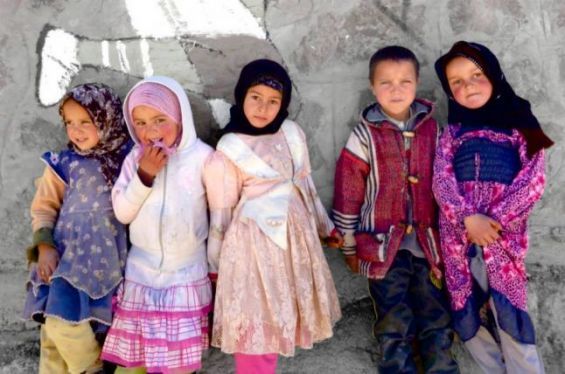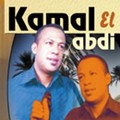Early childhood education is a key to success according to the World Bank, an international financial institution which works on reducing poverty. Through a report issued on the 13th of September, the World Bank indicates that the lack of pre-primary education in Morocco «perpetuates inequality».
According to the survey, effective Early Childhood Development (ECD) can lead to improved economic prosperity and insure equality in Morocco. However, it points at the many problems that the Kingdom is suffering from when it comes to early childhood education. «Inequality in access to quality ECD has many faces in Morocco and reflects significant inequality gaps between the most well-off and the most disadvantaged children», states the authors of the report.
Numbers suggest that having access to pre-primary education, which is mostly monopolized by the private sector, varies according to social classes. Disadvantaged children in Morocco are not receiving quality education. Other forms of early childhood education ,however, exist, such as Msid and Koutab, traditional institutions and Quran schools where children learn Islamic instructions, moral values and basic literacy.
Accordingly «these structures are still widespread throughout the kingdom, with 60% enrollment in 2015-2016», states the World Bank adding that : «enrolments in preschool have increased over the past decade (+10% increase between 2001 and 2013 for children aged 4-5)».
Providing quality early childhood education
Although pre-primary educational institutions are present, a number of Moroccan children are not receiving healthy development. Preschools are scattered in rural areas. «In 2015-2016, only 43% of Moroccan children aged 4-5 were enrolled in preschool and only 27.9% in rural areas. Poorest Moroccan children are much less likely (16%) to benefit from development activities compared to the richest (58%).»
The international institution insists that the quality of education in Morocco for children is variable and is not managed by mechanisms that would ensure quality and monitor it. Moreover, parents, especially in poor environments, are not aware of the importance of early childhood education and do not contribute into helping their children through cognitive stimulation.
As it is previously recommended by the recent World Bank Morocco Economic Memorandum «supporting early childhood development in Morocco is an essential investment to yield better human development outcomes», states the same report.




 chargement...
chargement...












